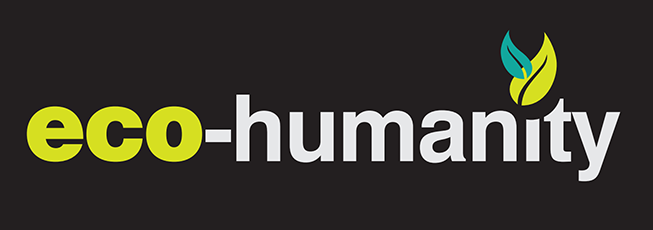Abhor tribal behaviour
We live in a globally integrated world. All countries are both dependent on and affected by the actions of others. However, there is no one authority that can force co-operation for the benefit of all parties. The United Nations Organisation is only an international co-ordinator; punitive enforcement of regulations can only take place if the major powers agree; this rarely happens.
Co-operation is vital if humans are to continue to thrive as a species. It is vital for economic development, to further improve the lot of the poor. It is vital to prevent climate change, to preserve the balance of nature and reduce pollution. It is vital to catch international criminals and terrorists. It is vital to ensure the rich and multi-nationals do not avoid their obligations and are appropriately taxed. And it is vital to prevent local conflicts becoming major wars
The converse of co-operation, tribal behaviour, is all too easy to foster by appealing to national and local patriotism. Populist politicians regularly wrap themselves in the flag and demonise foreigners. Tribal behaviour is inward looking, emotional, divisive, aggressive, selfish and generates contempt and hate for others. Such behaviour by one group naturally stimulates a tribal response by others. We live in a world were longtime enemies show little sign of being reconciled: Sunni versus Shia, Muslims versus Buddhists, Israelis versus Palestinians and lately Russians versus Ukrainians. Such tribal behaviour prevents co-operation taking place and makes achieving a better world more difficult for us all.
If we are to co-operate, we need to respect, empathise and try to understand others. We need to accept we are mutually dependent on each other and tribal behaviour is counter-productive. In short the dangers of tribal behaviour need to be recognised and understood by all. To do this we will need to emphasise the values and principles of common humanity. This definition of the values of common humanity appears on the Humanist UK website.
In all our work, we strive to embody our values by:
- engaging in dialogue and debate rationally, intelligently, and with evidence;
- recognising the dignity of individuals and treating them with fairness and respect;
- respecting and promoting freedom, democracy, human rights, and the rule of law;
- taking opportunities to combat all forms of prejudice and unfair discrimination;
- cooperating with others for the common good, including those of different beliefs;
- celebrating human achievement, progress, and potential;
- accepting that human beings are part of a wider natural world which must be treated sustainably for the sake of current and future generations.
I believe these values could be adopted by the religious and the non-religious alike as a basis for moral behaviour. Accepting the principles of common- or, as I call it eco-humanity, will allow like-minded nations to work together, reach out across national boundaries and achieve the co-operation necessary to make the world a better place for our children.
